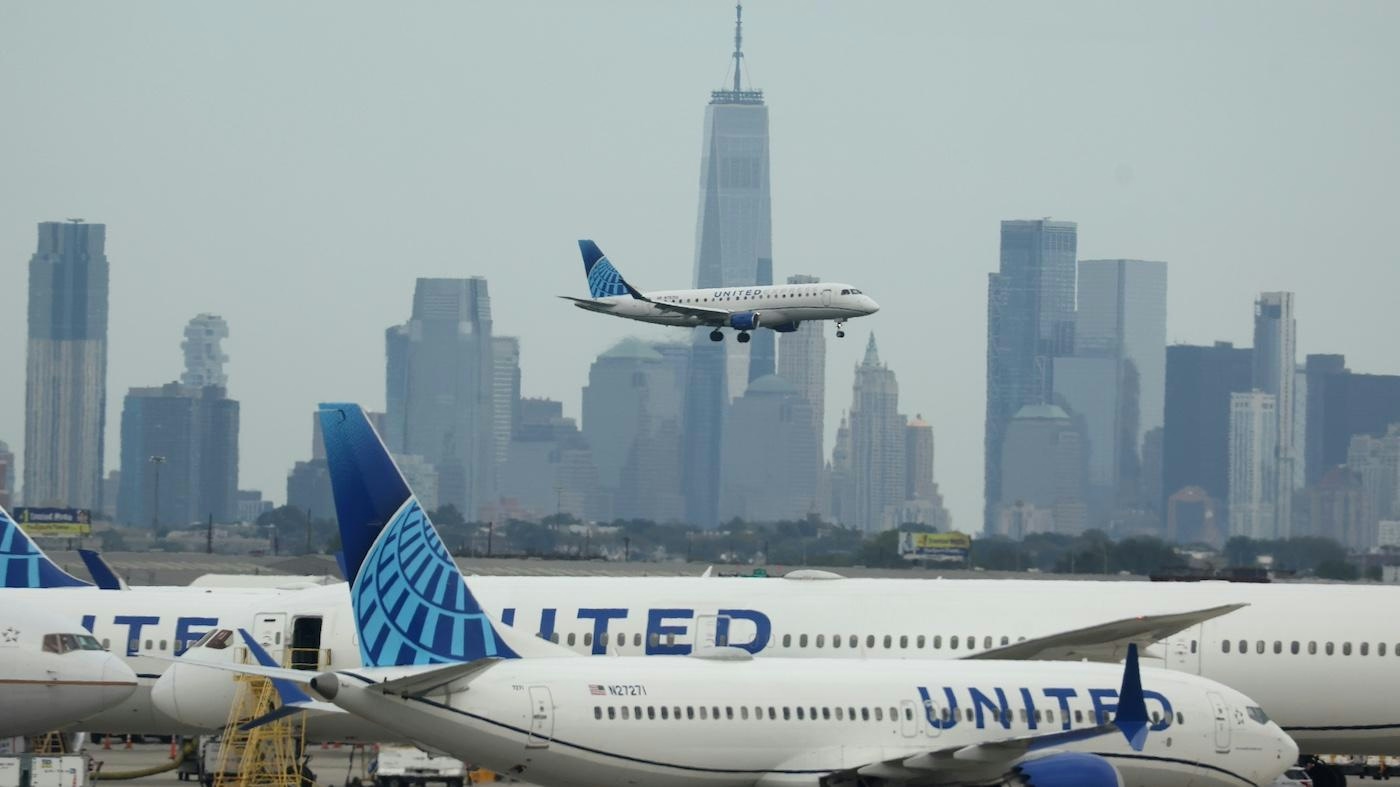AeroGenie — Seu Copiloto Inteligente.
Tendências
Categories
Understanding United Airlines’ Mayday Call

Understanding United Airlines’ Mayday Call
A recent mayday call from a United Airlines flight has drawn considerable attention, yet the incident primarily underscores the strength of aviation safety protocols and pilot training rather than signaling cause for alarm.
Incident Overview and Response
On July 25, United Airlines Flight 108, operating a Boeing 787 en route to Munich, declared a mayday shortly after departing Washington Dulles International Airport due to a suspected engine failure. The flight crew promptly adhered to established emergency procedures, successfully returning the aircraft to Dulles without incident. No injuries were reported among passengers or crew, highlighting the effectiveness of the airline’s rigorous training and preparedness measures.
Although such emergencies can be distressing for those onboard and often attract media scrutiny, they remain exceedingly rare. The safe return of Flight 108 serves as a reminder of the exceptional safety record of commercial aviation. According to the 2024 Transportation Statistics Report from the Bureau of Transportation Statistics, transportation-related fatalities in 2022 totaled 44,546, predominantly involving highway vehicles. In stark contrast, there were no fatalities from crashes involving large commercial airlines in 2023, although general aviation and smaller air services experienced several hundred deaths.
Aircraft Safety and Industry Implications
The Boeing 787 is designed with multiple safety redundancies, enabling it to continue flying for extended periods on a single engine. This capability provides pilots with sufficient time and options to manage emergencies and execute safe landings. The combination of advanced aircraft engineering and comprehensive crew training ensures that such incidents are handled with professionalism and precision.
Despite the incident’s safe resolution, it has prompted heightened scrutiny from regulatory authorities and raised questions about United Airlines’ operational resilience. The airline has subsequently revised its profit forecast for 2025 downward, attributing the adjustment to ongoing disruptions and operational challenges. Market reactions have been mixed; some investors express concern over potential reputational and financial impacts, while others remain confident in the sustained strength of travel demand. Although competitors’ responses remain uncertain, the event highlights the critical importance of maintaining robust safety protocols and operational adaptability within the airline industry.
Air travel continues to be the safest mode of transportation in the United States. Experts frequently emphasize that travelers face a significantly higher risk of injury during the drive to the airport than while aboard a commercial flight. The recent mayday call from United Airlines not only illustrates the rare challenges faced by airlines but also reaffirms the industry’s unwavering commitment to safety and the effectiveness of its emergency response systems.

Emirates Unveils Cabin Design for New Boeing 777X

Eighteen Years On, the Airbus A380 Remains Central to a $34 Billion Airline

How a boom in luxury airline seats is slowing down jet deliveries

Navitaire Outage Attributed to Planned Maintenance

DigiYatra Debuts Outside Aviation at India AI Impact Summit

Vietnam Orders Strengthen Boeing’s Commercial Outlook

Airbus Signals Uncertainty Over Future A400M Orders

JobsOhio Awards $2 Million Grant to Hartzell Propeller for Innovation Center

Collins Aerospace Tests Sidekick Autonomy Software on YFQ-42A for U.S. Air Force CCA Program

How the Airbus A350-1000 Compares to the Boeing 777
